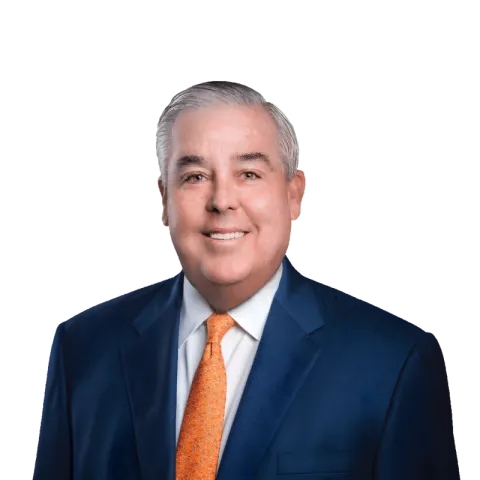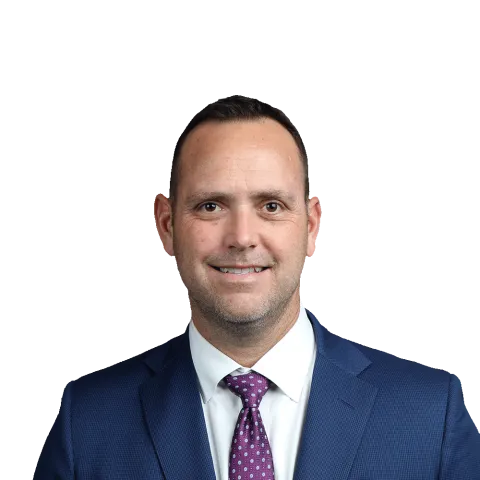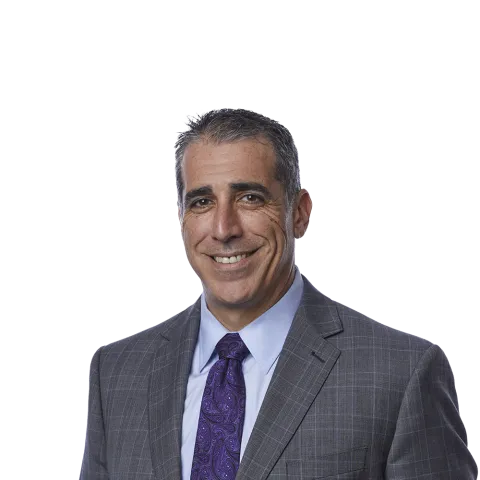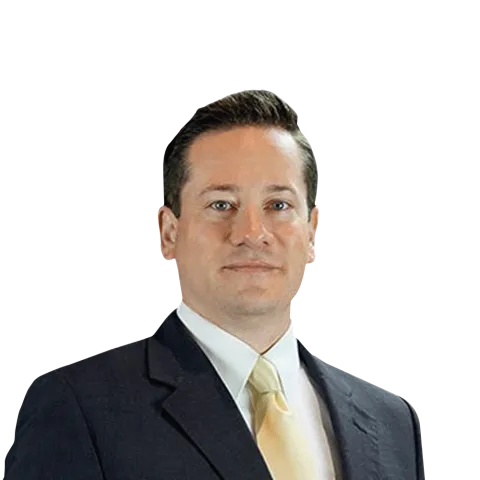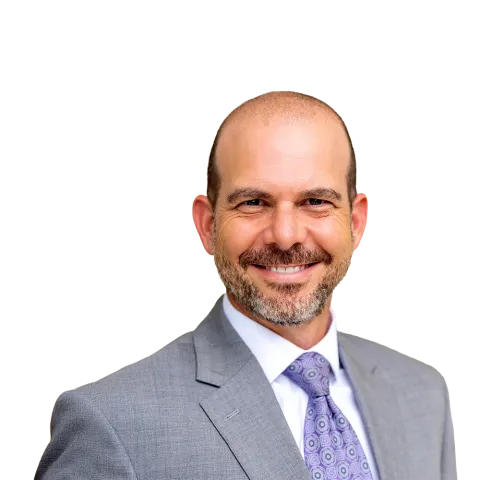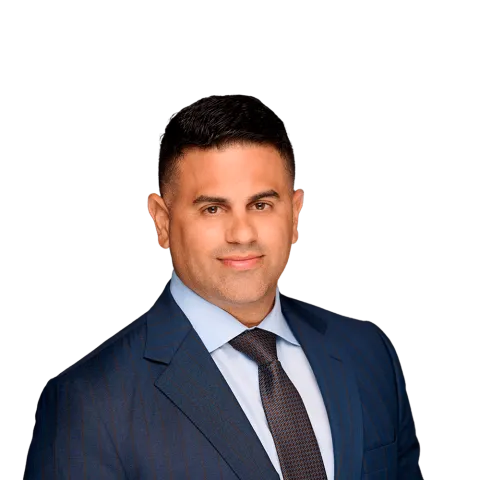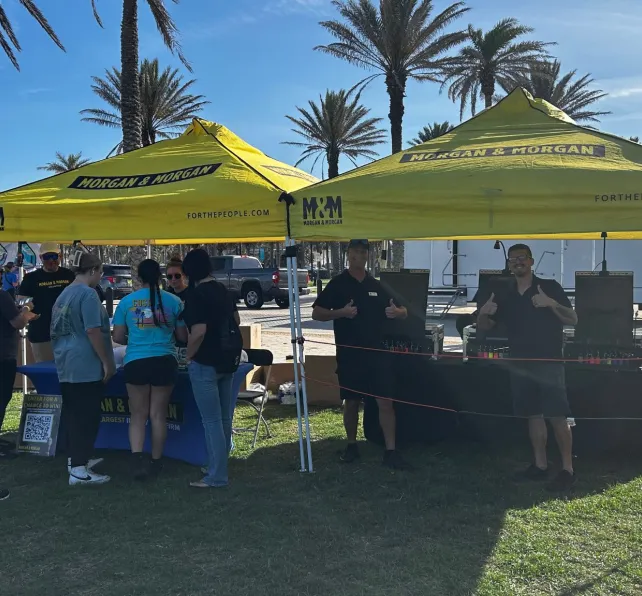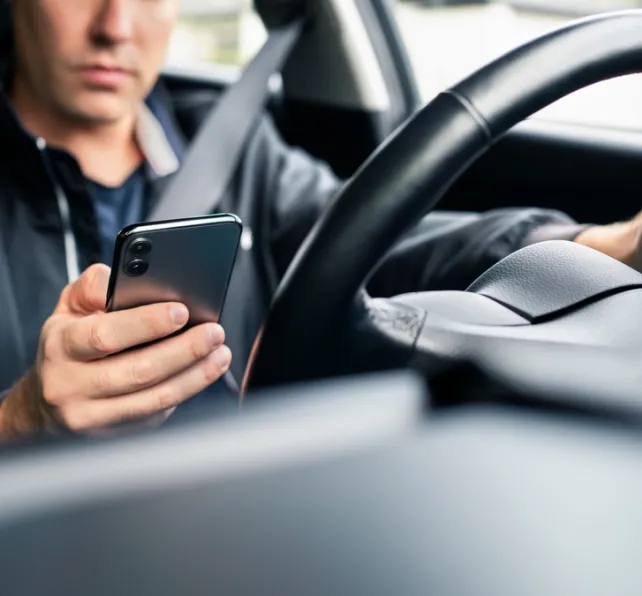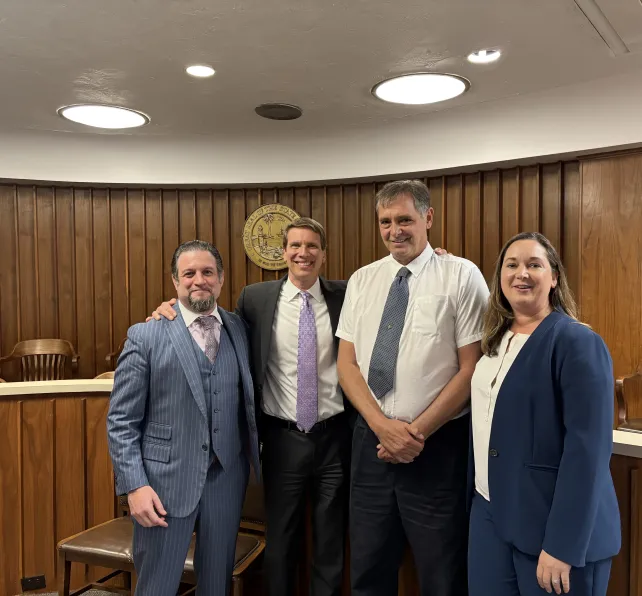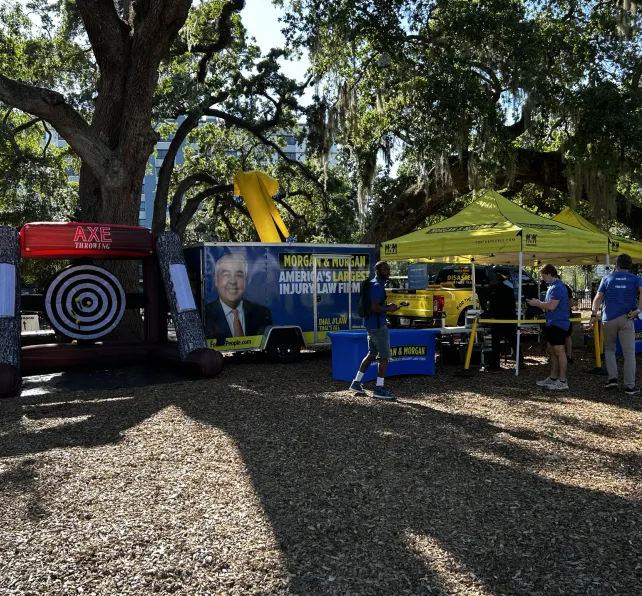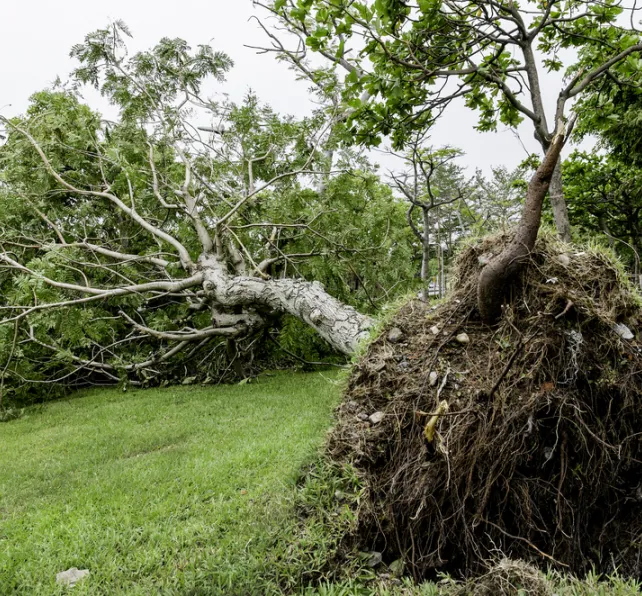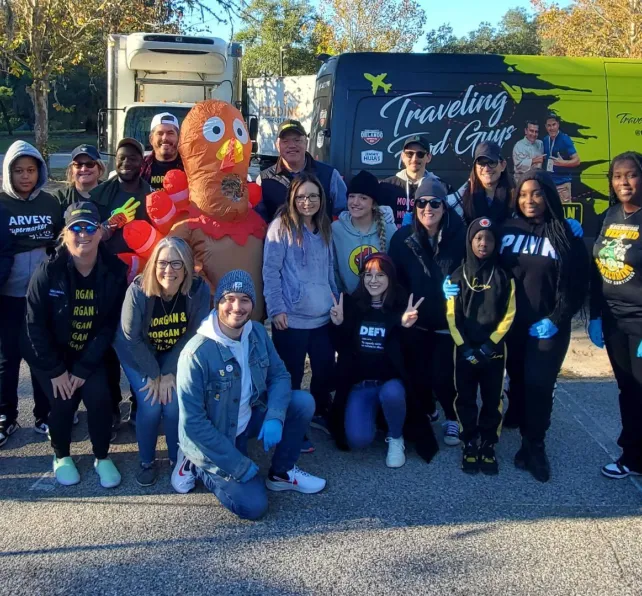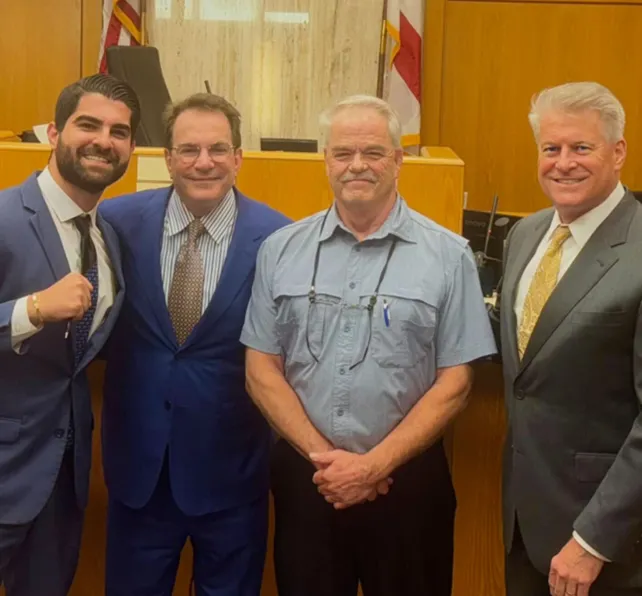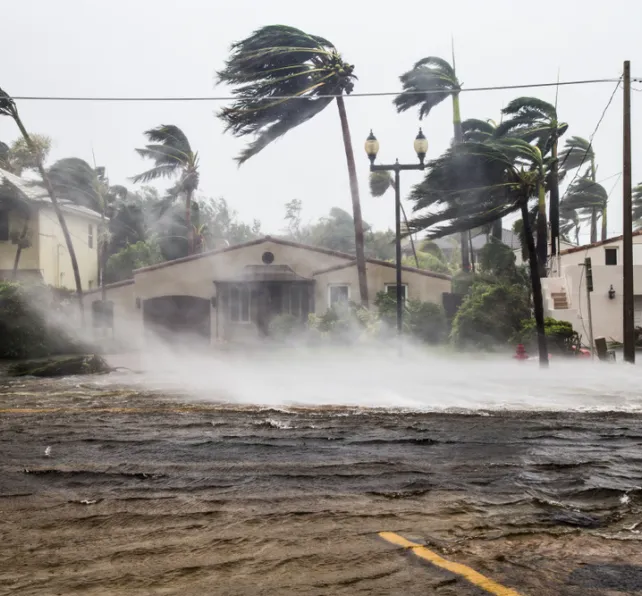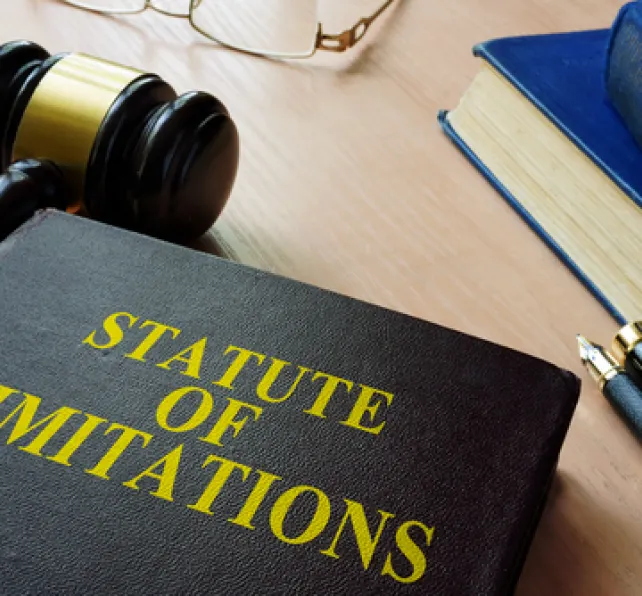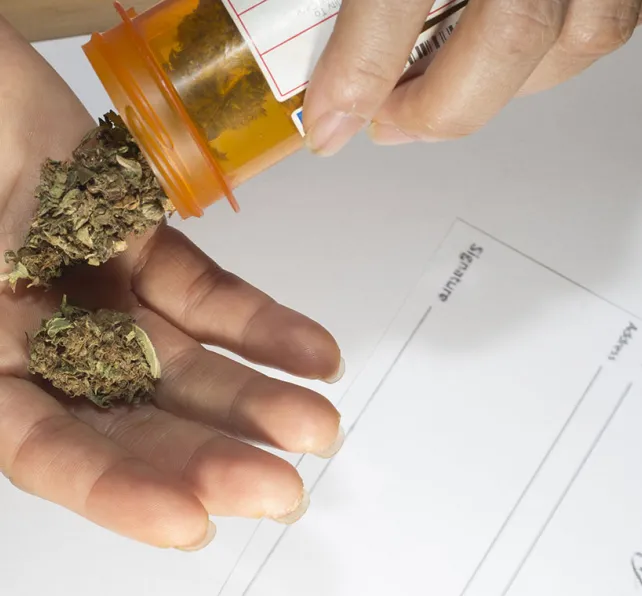Results may vary depending on your particular facts and legal circumstances. The attorney featured above is licensed in Florida. For a full list of attorneys in your state please visit our attorney page.
WILL WEED EVER BE LEGAL IN FLORIDA?
We've helped thousands of people recover physically, financially, and emotionally after serious injuries.
Results may vary depending on your particular facts and legal circumstances. The attorney featured above is licensed in Florida. For a full list of attorneys in your state please visit our attorney page.
Will Weed Ever Be Legal in Florida?
We have come a long way since the days when the regulators from the federal government called marijuana the “gateway drug.” By referring to cannabis as a gateway drug, the federal government proclaimed anyone using the drug would inevitably succumb to the temptation of using harder drugs, such as cocaine, heroin, and amphetamines. As decades passed, the propaganda campaign against weed appears to have failed, as a growing number of states have legalized the recreational use of a drug once banned as a dangerous narcotic.
The movement to prohibit the use of weed came about around the time the experiment to ban alcohol came to an end. Prohibition, which became law under the 18th Amendment to the United States Constitution, prohibited the sale, manufacture, and transportation of alcoholic beverages. Despite ostensibly good intentions, prohibition fostered the growth of organized crime which led to one of the most violent eras of American history. Although politicians and bureaucrats learned one valuable lesson by repealing the 18th Amendment, they quickly forgot the lesson learned by banning the use of weed in the 1930s.
As of 2023, the recreational use of marijuana remains a crime according to the federal government. However, changes at the state level have irrevocably altered the way the criminal justice system treats the use of marijuana. Twenty states have legalized the recreational use of weed, while most of the remaining states have decriminalized it and/or allow possession of the drug for medicinal purposes. Florida is one of the states that authorized the use of medical marijuana, as well as decriminalized it for possessing small amounts of the drug. Although Florida has loosened the restrictions regarding the recreational use of Cannabis, one question remains for state political leaders.
Will weed ever be legal in Florida?
At Morgan and Morgan, our nationally renowned law firm handles cases that involve dangerous drugs, and weed is not on our list of drugs that have harmed clients. In fact, marijuana delivers several benefits that go beyond the medicinal benefits experienced by cancer patients. If a prescription drug has caused you harm, you might qualify for compensation. Learn more by scheduling a free case evaluation today with one of the experienced attorneys at Morgan and Morgan.
150,000+ Five Star Reviews
The reasons why clients trust Morgan & Morgan.
Results may vary depending on your particular facts and legal circumstances. Based on select nationwide reviews.
Our Results
How It Works
Unsure what to do next? With 35 years of experience, our personal
injury lawyers will guide you every step of the way.
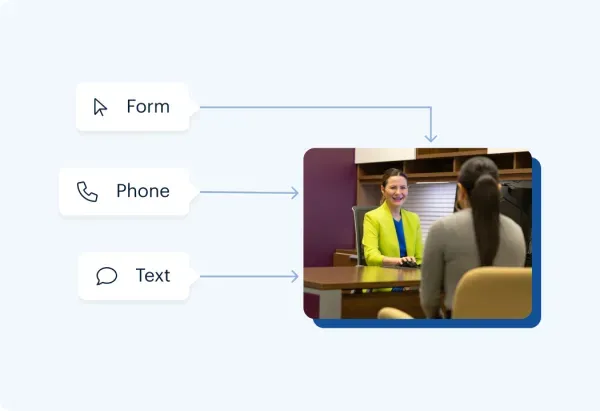
Contact Us 24/7 - It’s Free
Start your claim
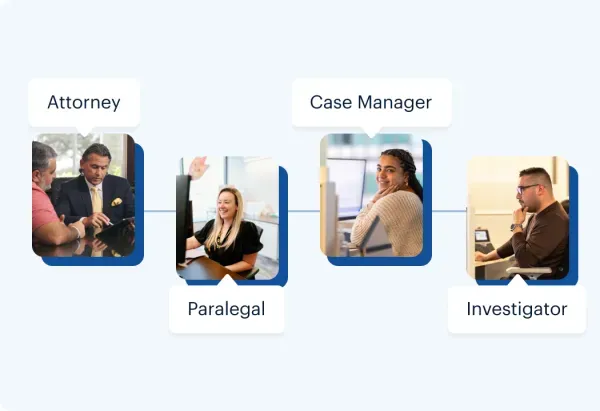
Meet your dedicated attorney
Meet the attorneys
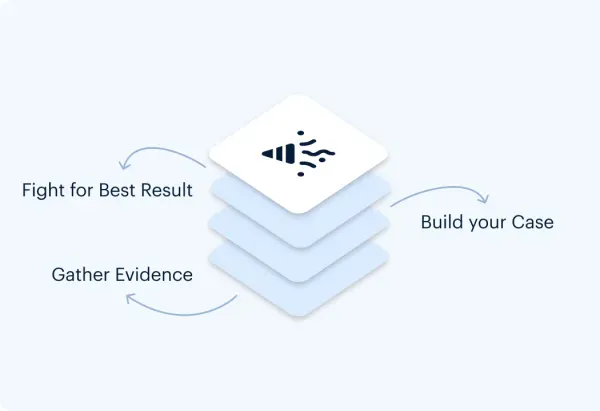
We fight for more
Learn more about the case process
Results may vary depending on your particular facts and legal circumstances. The attorneys shown in these photos may not be licensed in your state. To find an attorney licensed in your area, please visit our attorney page.
Local Care
Backed by America’s Largest Injury Law Firm.
$30 Billion
Recovered for clients
nationwide700,000+
Clients and families
served1,000+
Attorneys across
the country1
Click may change your life
The attorney featured above is licensed in Florida. For a full list of attorneys in your state please visit our attorney page.
Results may vary depending on your particular facts and legal circumstances.
In the Community
Discover the local Morgan & Morgan experience with news, events, and partnerships.
Learn More
Injured and not sure what to do next?
We'll guide you through everything you need to know.
How Does Florida Law Treat Weed?
As declared under Chapter 381 of Florida Statutes, marijuana is legal only when an eligible applicant has acquired a Medical Marijuana Use Authorization card. State law includes regulations imposed for a user registry, caregiver possession, and treatment centers for the purchase of cannabis for medicinal purposes. Florida law prohibits the use of weed for recreational use. In addition, marijuana medical card holders face criminal charges if they sell or give away any weed meant for medicinal use.
What Is the Compassionate Medical Cannabis Act?
Florida Governor Rick Scott approved the Compassionate Medical Cannabis Act in 2014 and because of the highly controversial nature of the new law, it took three more years before the law became official in the Sunshine State. The new law represented the first legal medical cannabis program established in Florida, which allows qualified applicants to use a certain type of CBD cannabis that possesses a low level of THC. The low-THC, high-CBD version of weed is called Charlotte’s Web, and it is strictly available for consumption to treat the symptoms of diseases like ALS, cancer, and epilepsy.
Although the Compassionate Medical Cannabis Act did not kick down the door for allowing recreational marijuana use, it represented a critical first step on the road to decriminalizing and eventually legalizing the once-banned controlled substance.
How Do I Get a Medical Marijuana Card?
Florida’s medical marijuana program is considered one of the most comprehensive laws of its kind in the United States. In addition to helping patients cope with the debilitating symptoms of cancer and ALS, patients that suffer from Crohn’s disease, multiple sclerosis, and Parkinson’s disease might qualify for the medical marijuana program in Florida. Post-Traumatic Stress Disorder (PTSD) recently made the list of eligible medical conditions.
To receive approval for a medical marijuana card in Florida, you must undergo extensive diagnostic tests performed by a licensed medical professional. The key to gaining approval to use marijuana for medicinal purposes is to demonstrate the severity of symptoms that are associated with an approved medical condition such as ALS. Florida law allows medical marijuana to be dispensed in vape, edible, smokable, or oil/concentrate forms.
What Are the Legal Consequences of Illegally Using Weed in Florida?
Florida penalties for illegally consuming weed differ by the amount possessed upon the time of an arrest. In most cases, possession of marijuana that weighs fewer than 20 grams results in a misdemeanor charge that carries a sentence of no more than one year in jail and a fine levied by the judge. Possession of 20 or more grams of weed can result in a felony charge that carries a much longer prison sentence. The same legal principle of amount applies to the transportation of weed as well.
One of the peculiarities of Florida cannabis laws is that possessing any amount of THC concentrate is considered a felony. With the surging popularity of THC oil and other delivery methods, the number of felony charges has dramatically increased over the past 10 years. Because of the increase in the number of THC related criminal charges, asking “Will weed ever be legal in Florida?” should also apply to THC products.
Why Has the Momentum Swung in Favor of Legalizing Weed in Florida?
The days of dubbing weed the gateway drug have given way to a new, more enlightened attitude possessed by a growing number of Americans. Although countless medical studies have touted the medicinal benefits of using a certain amount of marijuana products, it took a long time for the drug to shed the stigma of being an agent that motivates users to experiment with harder narcotics. With the Internet transforming how Americans get their information, the negative stigma has mostly disappeared, and in its place, is a growing push to legalize the drug in Florida.
Cannabis has demonstrated the ability to mitigate many of the debilitating symptoms associated with cancer. An especially important medicinal benefit is to encourage chemotherapy patients to eat food after treatment. Chemotherapy is known for suppressing appetite, which can lead to ancillary negative health outcomes. Marijuana used for medicinal purposes has shown considerable promise in easing chronic pain, which allows patients to complete basic rehabilitation exercises.
Although the medicinal benefits of legalizing weed are well known, the same cannot be said for the incarceration benefits of making cannabis legal in the Sunshine State. With overcrowded prisons and significantly backed-up judicial dockets hampering the legal system, legalizing weed in Florida can remove a substantial number of offenders from the criminal justice system. The result would be less crowded detention facilities, as well as a financial windfall that might run into billions of dollars. Another benefit of legalizing the drug is to prevent non-violent offenders from becoming violent while incarcerated in the Florida prison system.
Why Does Legalizing Weed Make Sense Financially?
Although advocates of legalizing weed in Florida concentrate on the medicinal and justice system benefits, one of the most compelling reasons for legalizing the drug concerns the financial benefits.
Tax Revenue Growth
All you have to do is look to Washington and Colorado to discover the financial benefits of legalizing weed. In 2021, Washington collected more than $550 million of tax revenue from the sale of cannabis at state-approved dispensaries. Colorado collected more than $420 million in tax revenue during the same year, which represented a 10 percent increase from the previous year. Remember the growth in tax revenue was somewhat impeded by the COVID-19 pandemic. In 2019, the tax revenue collected by all states where weed was legal exceeded $1.7 billion.
In an era when public coffers often run dry, the additional revenue source is welcome news for state governments.
Economic Gains
When Florida legalizes the recreational use of Marijuana, the state will have to establish a system for creating dispensaries. In turn, economists expect the development of dispensaries to create new jobs, and well as boost the income generated by local economies. In Nevada, the results of a study released by the RCG Economics and Marijuana Policy Group stated that legalizing recreational marijuana use might generate more than 41,000 new jobs by the end of 2024. The acceleration of new job growth could produce an increase of $1.7 billion in worker wages. New Frontier reported that if the federal government legalized weed today, the result would be an increase of more than one million jobs by the end of 2025.
Not only does the development of marijuana dispensaries increase the number of jobs and consequently a considerable boost to personal incomes, but the new facilities also offer lucrative opportunities for investors.
Where Does the Legalize Marijuana Movement Stand in Florida?
With the federal government continuing to drag its feet in taking action on cannabis reform, real legal action is taking place at the state level. Since Florida adopted its medical marijuana program in 2014, the program has received praise throughout the United States for being one of the most successful programs of its kind. The success of the Florida medical marijuana program has fueled speculation that legalizing cannabis is fast becoming a reality in the Sunshine State.
Legalizing the recreational use of cannabis might make it back on the ballot for Florida in 2024. Because 2024 is a general election year in which American voters elect a President, the outcome of the Florida legalize marijuana initiative is currently unknown. As of February 2023, efforts to get a recreational marijuana use initiative on the Florida ballot in 2024 have not reached the number of supporters they need to gain approval for ballot placement. With time running out, Florida voters might not get to determine the status of legalizing marijuana in 2024.
The Bottom Line: Will Weed Ever Be Legal in Florida?
If the initiatives to legalize the recreational use of weed in Florida do not gain enough signatures to make it on the general election ballot, what does that say about the future of cannabis in the Sunshine State? Proponents should continue to push for legalization, while once-skeptical opponents begin to soften their stances. Waiting for the politicians in Washington, D.C. to take action does not appear to be a viable option. With more states legalizing weed, the question is not whether weed will ever be legal in Florida.
Instead, the question should be when will weed be legal in Florida?
